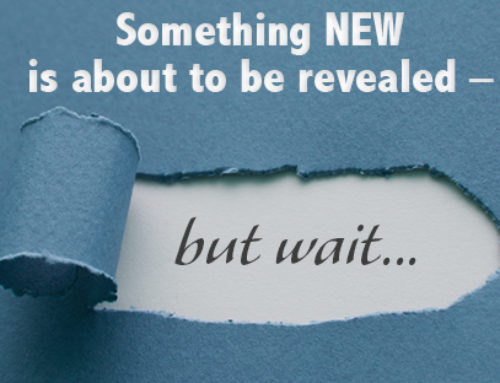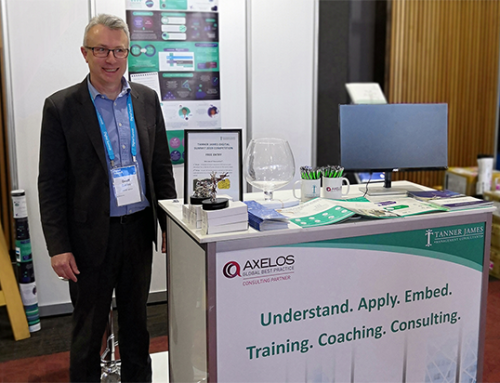I have been involved in project management for over 30 years. When I was first introduced to the discipline, I found it very exciting. The ability to conceive of a future, and then work with a team of people to see those ideas become real – turned into things that people use and value in their day-to-day lives.
I love planning. I have always been fascinated with the idea of taking something large and unknown, and breaking it into pieces of a journey that all can see and use as a guide. But I fear that the ability to plan is rapidly becoming a lost art…
Why bother planning anyway?
“We’re agile now, which means we don’t need a plan…” Many of you working in a large organisation will have heard words to that effect in the last couple of years. It bothers me deeply.
It seems to me that if you want to bring about change, you need a plan. Something that enables all parties that are involved to understand:
- What is to be achieved
- When
- How
- By whom
That’s what a plan is. It provides a baseline against which progress can be measured and is the basis for securing support, agreement and commitment of resources to deliver what is desired. To my mind, if you don’t have a plan, you won’t get support, agreement or commitment – and indeed I would venture to suggest you actually don’t know what you are trying to achieve or how you will get there.
Yet I frequently witness people arguing vehemently that a plan is not required, because they are using kanban, scrum or other techniques.
What causes this angst?
I have worked with thousands of people involved in programmes and projects of all shapes and sizes. Yet whenever there is angst about planning, it always boils down to the same issue: the people involved have widely varying views as to what a plan contains and how it is created.
- One page or several hundred pages?
- 6 metre long Gantt chart or no schedule?
- Four weeks or four years?
- PowerPoint deck or Project Server?
- Resources in person days or millions of dollars?
- Produced by the prime contractor or the project support officer?
I could go on and on. Unfortunately people seem to have superficial conversations (more commonly known as arguments) about such things. And much as I hate to say it, specialists – PMO staff, consultants, contractors, coaches – are often the worst offenders.
A manifesto for a lost art
Perhaps we need a manifesto before planning becomes a lost art. Here are my opening suggestions:
- We value multiple types of plan over one size that fits all.
- We collaborate when planning, which means talking before typing.
- We focus on what we’ll have when we’ve finished, not just what the next step will be.
- We know why we’re doing something, not just what we are doing.
- We put 80% of our planning energy into the unfamiliar and only 20% into the familiar.
- We plan in sufficient detail to be sure we understand one another – but no more.
- We document plans in simple visual formats, in preference to lengthy text documents.
Do you agree?
Please comment on the blog itself or via LinkedIn.
Feel free to call me personally on 0407 404 688 or email me at john.howarth@tannerjames.com.au






Leave A Comment